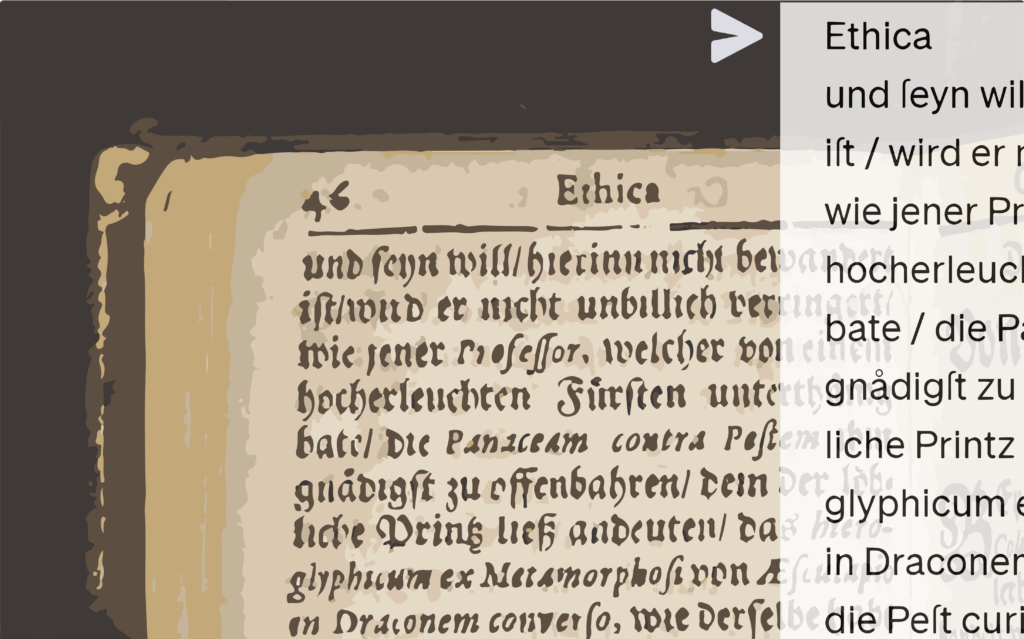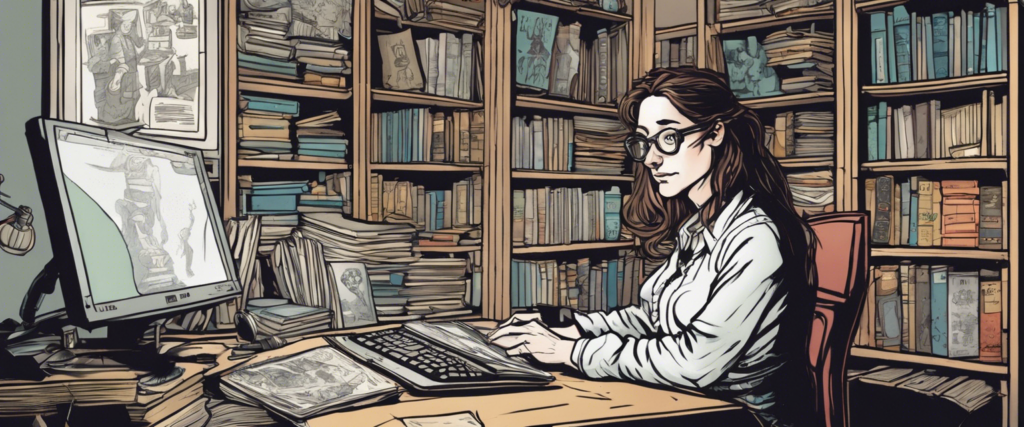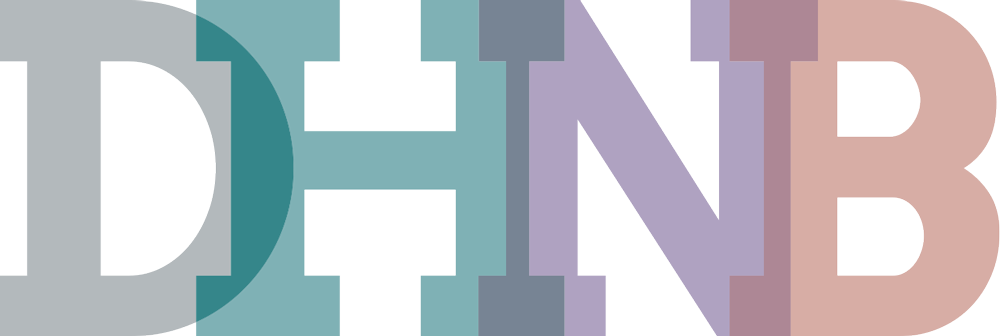The Future of the Humanities (at the University of Oslo) Is Digital. Or Isn’t It?
A little while ago, I have been interviewed for a piece on digital humanities: at the University of Oslo and ‘in general’. Although I am not a 100% happy with the article, I heard back from a number of people who either liked it and thought it to be informative or thought it would make a good starting point for further discussion. This interview is the latest in a series of articles about dh (here, here and here), and thus gives reason to believe that dh is becoming more and more visible.
The dh network at UiO – founded in June 2013 and officially going public in April 2014 with a wide-range dh project presentation – started a series of events in September 2014: the DHF (dh forum) with bi-weekly meetings, hosted by the university library; a DH Lunsj in the alternating weeks; and a weekly DH reading group, hosted by the Ibsen Centre.
More and more researchers, technical staff, and students enlist in the official mailinglist of the dh network (we are now 2 subscribers short of 100 members), the number of conferences, seminars, workshops, project presentations etc. that are announced and distributed via the mailinglist increases steadily. As does the collection of links to dh projects at UiO and to the people who run them.
With the forthcoming election of the new dean of the faculty of humanities, dh and the possibility of a dh centre is now also a political topic: both candidates, Jens Erland Braarvig and Arne Bugge Amundsen and his team highlighted dh and pointed out that this topic has to be taken seriously if Norway’s largest humanities faculty is to continue to be among the highest ranking, nationally and internationally. UiO and the faculty of humanities have at the moment three dh ‘services’, the EDD group (Unit for Digital Documentation), the DMLF group (a specialised group at the IT-department) and Tekstlab (the Text Laboratory) which very recently have been evaluated – with a very disappointing conclusion. However, the dh network composed a commentary that, among other things, emphasised the need for a dh centre: a waking call to the current and the new leadership.
Even if the notion of the “digital future” of the humanities is disputable – it should go without saying that there will be digital humanities, whether they will incorporate or assimilate the ‘traditional’ humanities, or complement them, or just be an alternative mode of doing humanities research & teaching. One of the many challenges in the next years here at UiO will be the discussion not of the ‘if’, but of the ‘how’ to deal with dh in a future, that will be both, analogue and digital.


